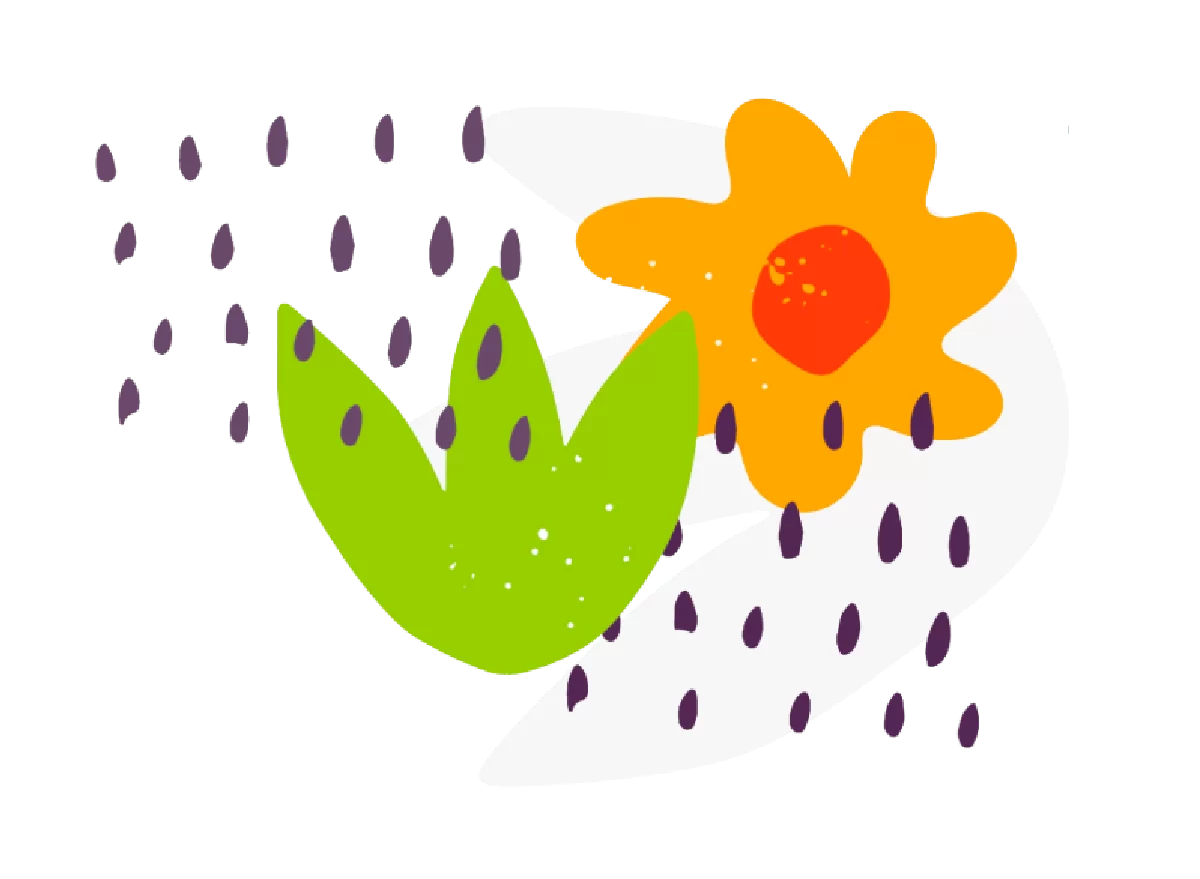Introduction
Childhood – a time of innocence, curiosity, and exploration. Yet, for many of us, it’s also a chapter marked by challenges that shape our journey into adulthood. In this blog, we delve into the world of childhood experiences through a lived experience lens, exploring the impacts of Adverse Childhood Experiences (ACEs), parenting styles, domestic violence, resilience-building, and the vital role of safe adults in a child’s life.
Exploring ACEs: Exploring the Impact
Adverse Childhood Experiences, or ACEs, are events that children encounter, which can lead to lasting psychological and physiological effects. From neglect to abuse, these experiences can leave an undeniable mark on a young person’s life. Typically, we speak about how ACE’s impact a child’s behaviour, which we often communicate as things we struggle to ‘manage’. If we recognise that ACE’s play a crucial role in how a child behaves, take the time to understand ACE’s and learn tools to help young people overcome them – we can pave the way for healing and provide the building blocks for meaningful relationships with young people flourish.
Parenting Styles: The Enduring Influence
Parents, caregivers, and role models play an integral role in shaping a child’s life. The impact of parenting styles reverberates through the years, influencing self-esteem, relationships, and emotional well-being. Whether authoritative, permissive, or authoritarian, each style leaves a distinct imprint. Nurturing a supportive and communicative environment can help counteract the negative effects of unfavourable parenting styles and pave the way for healthier emotional development.
Domestic Violence as an ACE: Breaking the Silence
Among the most distressing ACEs is exposure to domestic violence. Growing up in an environment marred by conflict and fear can lead to a plethora of emotional scars. Breaking the silence around this issue is crucial for providing support to affected children and offering pathways to healing. By fostering awareness, encouraging open conversations, and providing access to safe spaces and counselling, we can work toward breaking the cycle of abuse.
Building Bridges to Resilience: Navigating Challenging Environments
Resilience is the cornerstone of navigating adversity. Children possess an innate capacity to bounce back, given the right tools. Building resilience involves cultivating coping mechanisms, emotional intelligence, and problem-solving skills. This journey is supported by fostering positive relationships with care givers and professionals in a young person’s life; providing access to mental health resources, and creating environments where children feel valued and empowered.
Being a Safe Adult: Nurturing Trust and Connection
Safe adults are beacons of trust and comfort for young people navigating a complex world. Recognising what a young person is saying involves more than just nodding your head; it’s about actively listening and understanding what’s being said. Reassuring with empathy and immersing yourself in their perspective initiates connections and assures them that their experiences are acknowledged, demonstrating safety.
Additionally, safe adults can instil a sense of control by offering choices and reminding young people that they can change their narrative. This approach helps rebuild self-esteem and trust in their decision-making capabilities. By embodying these qualities, professionals and caregivers can create an environment where young people feel empowered and supported.
Conclusion: Cultivating Compassionate Change
In the tapestry of childhood experiences, each thread weaves a unique story. By embracing a lived experience lens, we can embark on a journey of understanding, empathy, and change. Addressing ACEs, promoting positive parenting, raising awareness about domestic violence, abuse, and neglect, nurturing resilience, actively listening with empathy, and empowering young individuals to redefine their narratives are pivotal steps toward building a brighter future for the generations to come.
As we strive to cultivate compassionate change, let us remember that every child’s story deserves to be one of hope, healing, and opportunity.
–
Learn more about the lived experiences of ACE’s join our popular online seminar: Click HERE







